Your recent clothing haul may have more environmental costs and ethical concerns than you might expect. Read more about how fast fashion has a hidden cost many don’t know they are paying.


Your recent clothing haul may have more environmental costs and ethical concerns than you might expect. Read more about how fast fashion has a hidden cost many don’t know they are paying.
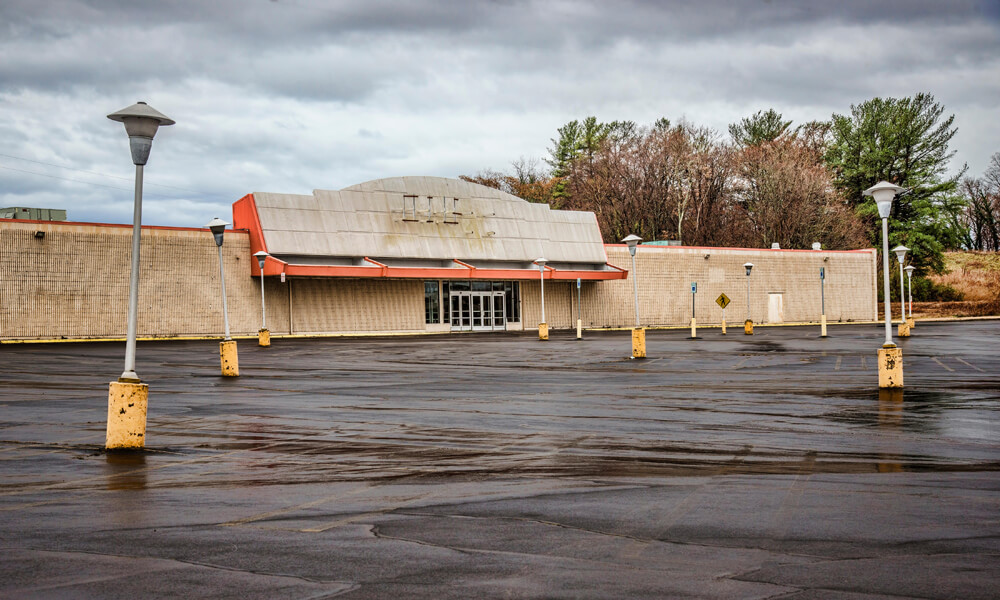
Influencers sometimes push a lifestyle of constantly buying new clothing, high-tech gadgets, or the hottest new cosmetic products. But a growing number of people are becoming disillusioned with what they perceive as pressure to constantly purchase new things. Their solution? Buying less.
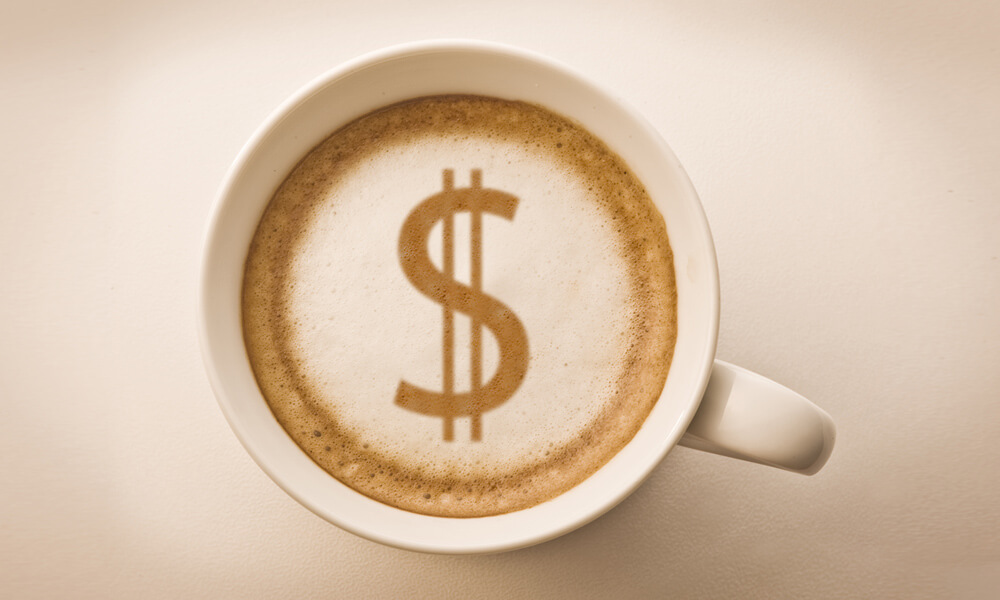
Do you sometimes feel like you made a choice you didn’t really want to make? Marketers use a lot of tricks to get you to spend more money than you meant to. One of the most popular is “the decoy effect.” When faced with two choices—like a small or large drink—most people can pick pretty easily. Watch this video to learn how adding a third choice, or a “decoy” (like a medium size), can actually manipulate you into buying the more expensive option—even if you didn’t really want to.

Twenty-five years ago, Lego was losing $300-million annually and nearly went bankrupt. Plagued by a history of rigid, inflexible control, Lego refused to do partnerships, tried to stop fan creators, had a toy line consumers felt was stale and out-of-date, and was facing unprecedented competition for the attention of their users due to more modern toys—like home video game systems.
It wouldn’t stay that way.
Watch this video to learn how Lego finally learned to listen to its fans, signed its first partnerships, won over adults, innovated its products, and expanded its empire into TV, movies, video games, comic books, theme parks, and more—allowing it to rapidly become the biggest-selling, most profitable toy company on the entire planet.

| There’s a tasty food movement being brought to life by young people everywhere. Students are helping communities grow stronger, stay connected, and be more creative. |

In 2024, a study of nearly 10,000 random consumers in 8 countries—including the United States, Canada, France, and the UK among others—asked about the impacts of artificial intelligence on their shopping habits. Read about five key findings from the survey in this article and compare them to how you would answer the same questions.

From groceries to travel and from video games to shoes, it seems that just about everything is getting more expensive these days. That increase in prices is called inflation. Watch this short video to learn more about what inflation is, and more importantly, why it occurs.

In this interview, a sociologist explains how competition among consumers—not necessarily the providers of goods and services—is what drives spending.
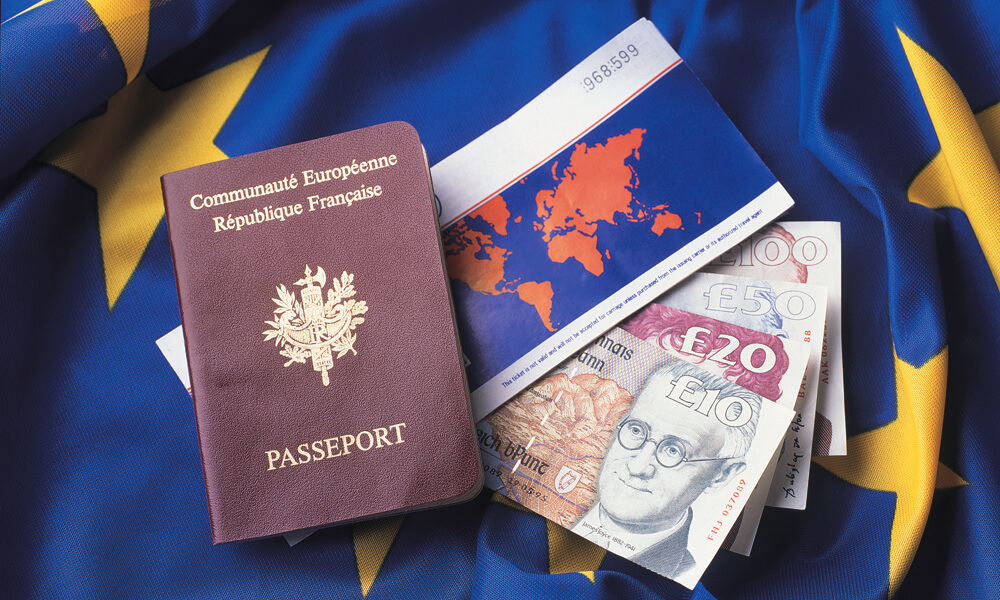
Anytime an event like the Olympics brings together large groups of people,many of whom are international tourists, scams are sure to follow. From fake tickets to fake souvenirs to the dangers of public wi-fi networks, here are some of the scams you should look out for when going to the Olympics—or any other large public event.

Have you ever wondered why some products appear at the top or bottom of online shopping search pages? Or why some items appear twice? Or why you may see identical items with different prices? Artificial Intelligence is powering more and more online and it has a growing ability to influence consumer decisions—and to do so in ways the consumer is unaware of.
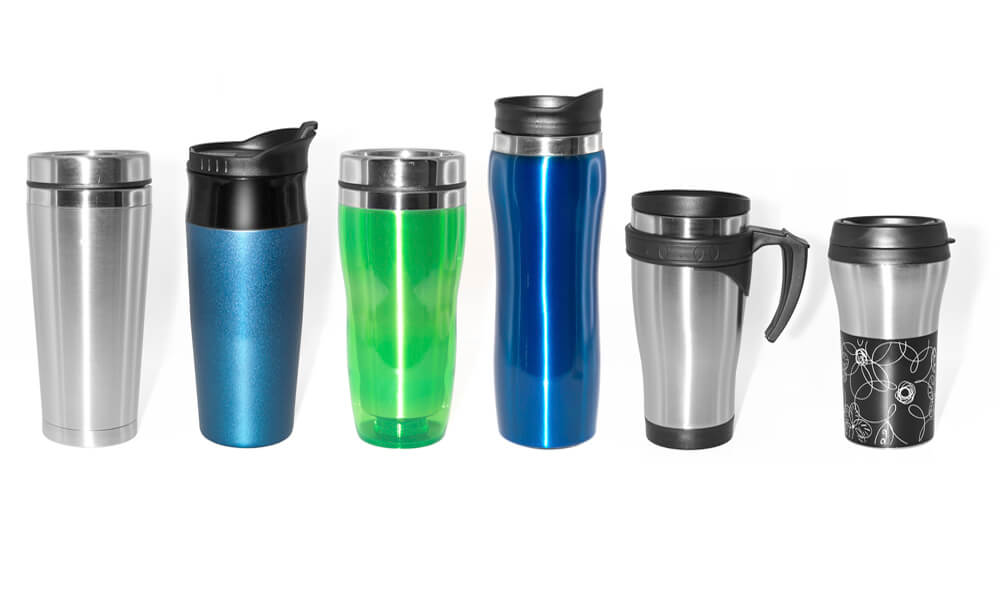
What are the downsides when something becomes extremely trendy? What if there isn’t enough to go around, or the price is too high for many to afford it? Stanley cups are showing the real world costs of being both a “have” and a “have-not.”

There is currently a surging trend in young preteen girls buying expensive make-up and other beauty products. Some older shoppers are complaining that they are rude and messy while doing it. Others think kids that young should not be be so obsessed with beauty products to begin with. Regardless, it shows a changing trend in who the consumers for these products are. Talk in your class about the trend and politely debate why this is a good or bad thing.

Online shopping can be a convenience. Yet the ease of buying online might also contribute to hoarding disorder and overspending. Review the research in this article to find out more.
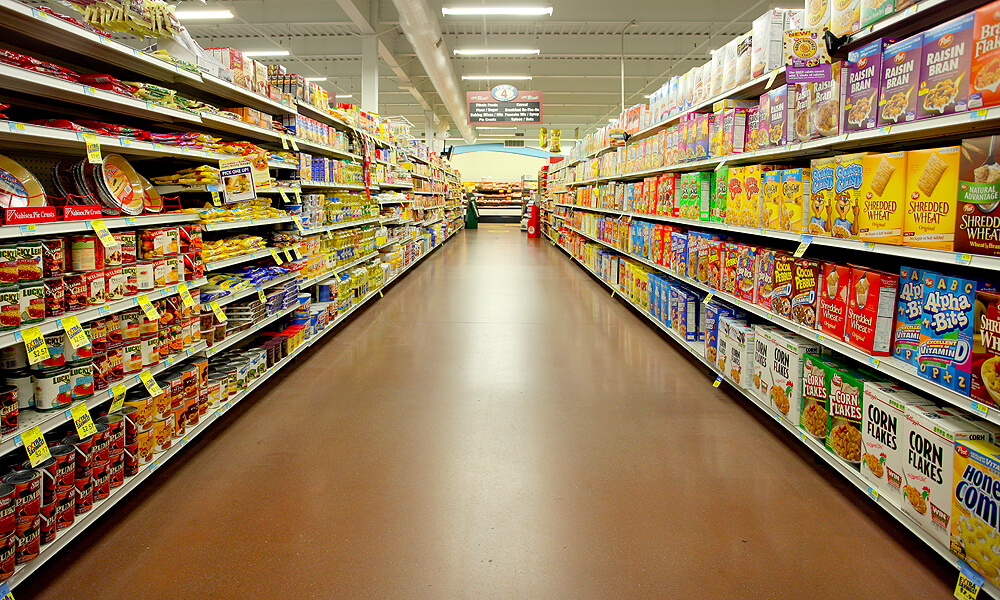
It’s the inflation you’re not supposed to see.
From toilet paper to yogurt and coffee to corn chips, manufacturers are quietly shrinking their package sizes without lowering their prices. It’s dubbed “shrinkflation,” and it’s something that is accelerating worldwide.

How do you make something old and familiar feel fresh and new? Science suggests the trick is to interact with it in new ways. Something as simple as eating popcorn–but doing so with chopsticks–can result in people rating the popcorn as tastier and more enjoyable than eating the same popcorn with their hands. Read the article and think of ways you may make things you already own feel new again.

Have you ever wondered just what, exactly, money is? We earn it. We spend it. But why do we all agree that one little piece of green paper is only worth a bag of chips and a different piece of green paper is worth a full, fancy dinner? This article takes a look at currency, what it is, how it got started, and what forms it might take in the future.
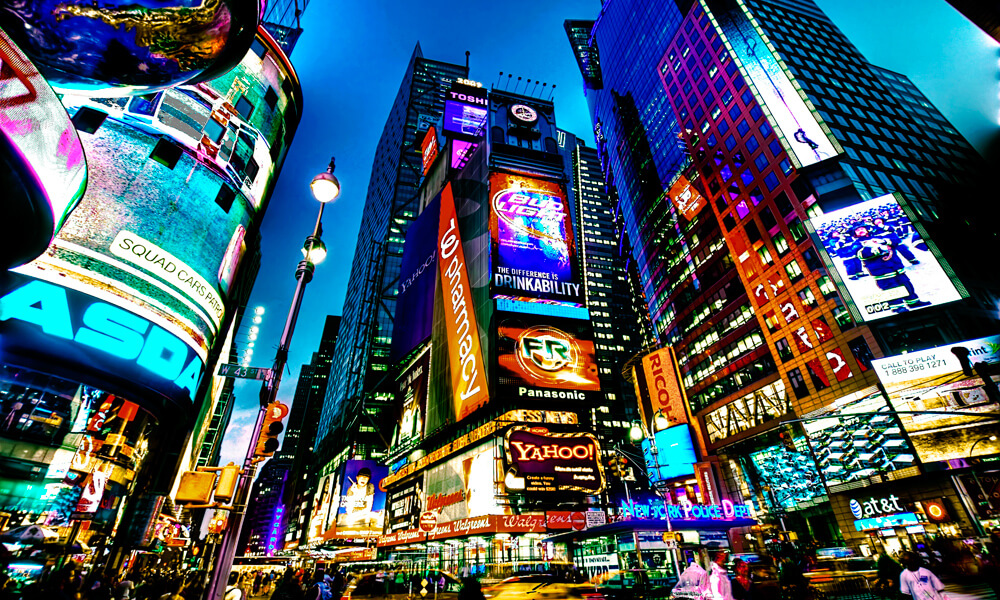
If you can recognize when you’re being persuaded, it’s a lot easier to make sure your opinions are actually your own.

Learn about drastic changes happening in tech companies and how it will impact hiring and day-to-day work.

The tragic consequences of the collapse of a garment factory in Bangladesh makes us question the ethics of low-cost goods. Should we be more mindful of our buying choices? Experts in ethical shopping share five ways to be more socially conscious when shopping.
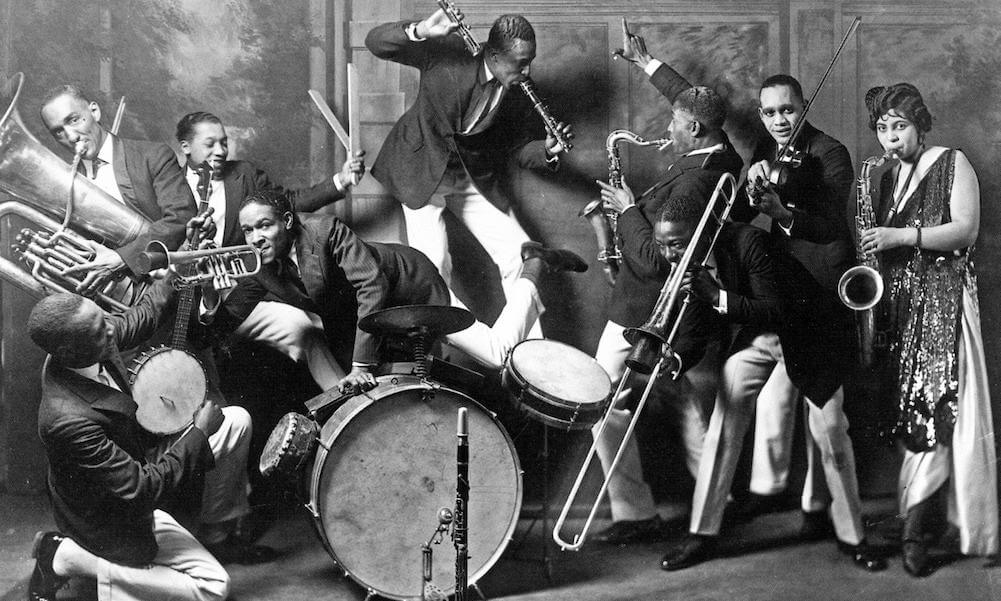
Is history repeating itself? Read about the uncanny similarities and drastic differences between the Roaring Twenties and now.